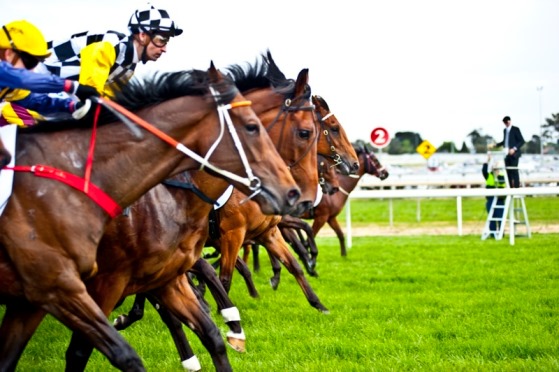In a key presentation at the Australian Veterinary Association (AVA) conference in Melbourne on Wednesday, PhD Student, Meredith Flash elucidated on findings from her 2005 Victorian thoroughbred foal crop epidemiology study.
Principle to these findings was her debunking of myths espoused by animal welfare groups on important topics surrounding 2YO racing and horse welfare, together with un-raced and retired racehorses being sent to slaughter and low racing participation rates among thoroughbred foal crops.

Dr Flash’s test group encompasses Victorian thoroughbred foals and associated risk factors from 2006-2016 of those that had a race day health event. Dr Flash’s study revealed that a high 74 per cent of horses went into training and 65 per cent raced, which contradicted animal welfare group findings.
 Her study also found that 50 percent of horses to race were re-homed, 25 percent became registered Australian Stud Book bloodstock, 14 percent were deceased and 9 percent were involved in other pursuits, and 2 percent were still racing at 10 years of age.
Her study also found that 50 percent of horses to race were re-homed, 25 percent became registered Australian Stud Book bloodstock, 14 percent were deceased and 9 percent were involved in other pursuits, and 2 percent were still racing at 10 years of age.
Dr Flash noted, “For the horse racing industry to retain its social license, researchers and regulators need to engage with the community by providing clear, unambiguous and accurate information, and correct the wrong and misleading information some groups use in their campaigns.”
She added, “Some activists have even redefined legitimate research terms like ‘wastage’, claiming it is racing industry parlance for unwanted horses, when in in fact it is a veterinary term to describe a loss of productivity. Veterinarians and researchers need to call out this misleading behaviour.”
www.breedingracing.com








